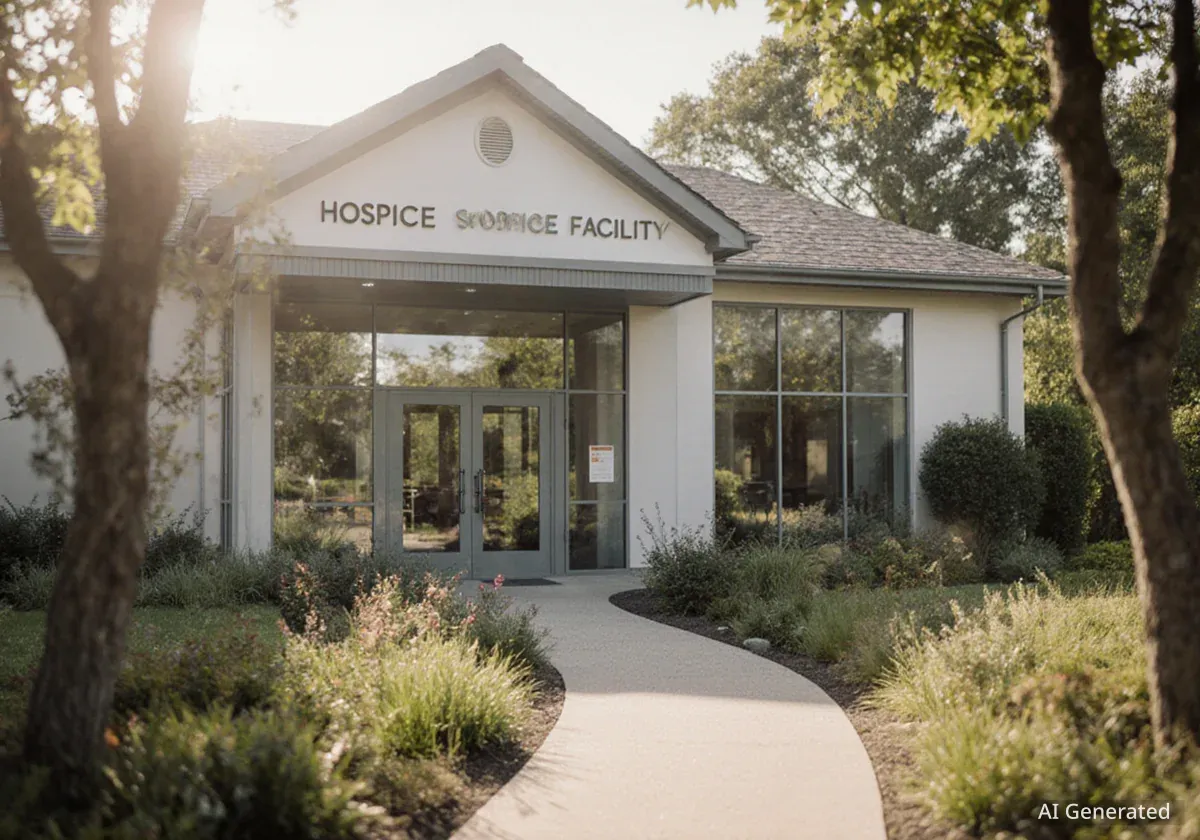The City of Bern will provide financial support to the Recovery College Bern. This funding ensures the organization can continue offering courses designed to help individuals and their families manage psychological challenges. The college has focused on mental health for many years, offering vital resources to the community.
Key Takeaways
- The City of Bern will contribute 30,000 Swiss francs annually to the Recovery College Bern.
- This funding is approved for a period of three years.
- The support will help cover operational costs, including rent and printing materials.
- The college offers approximately 70 courses each year for affected individuals, relatives, and professionals.
- The aim is to promote exchange and teach new coping strategies for psychological burdens.
City Support for Mental Health Programs
The decision by the City of Bern's council to approve annual funding of 30,000 Swiss francs for the Recovery College Bern marks a significant step. This financial commitment will extend for three years. It highlights the city's dedication to improving mental health services for its residents.
The Recovery College Bern plays a crucial role in the local healthcare landscape. It provides practical support and education for those dealing with psychological issues. The organization's work helps both individuals and their support networks.
Important Fact
The Recovery College Bern offers around 70 courses per year. These programs cater to a diverse audience, including individuals directly affected by mental health conditions, their family members, and mental health professionals.
Addressing a Growing Need
Psychological well-being is a critical public health concern. The Recovery College Bern addresses this by creating a platform for learning and mutual support. Its courses focus on practical strategies and open dialogue, which are essential for recovery and resilience.
The organization's programs are designed to foster understanding and equip participants with tools for daily life. This approach helps reduce stigma and encourages proactive mental health management. The college aims to make these resources accessible to everyone, regardless of their financial situation.
"It is an important sign that the city takes the psychological health of the population seriously," said Heidi Katharina Dietrich. Ms. Dietrich is personally affected by mental health challenges and also teaches courses at the college. Her statement underscores the community's appreciation for the city's support.
Operational Funding and Future Challenges
The new city funding will primarily support the college's operational expenses. These include essential costs such as rent for facilities and printing materials for course handouts. Ensuring these basic needs are met allows the college to focus on its core mission: delivering high-quality mental health education.
While the city's contribution is substantial, the search for additional financial resources remains ongoing. The Recovery College Bern also receives support from the Canton of Bern. However, these existing funds are not enough to cover all operational and program needs. The organization constantly seeks new funding to expand its reach and services.
Background Information
The Recovery College model originated in the United Kingdom. It emphasizes education and self-management for mental health. These colleges offer a wide range of courses, often co-produced and co-delivered by people with lived experience of mental health conditions and mental health professionals. This collaborative approach enhances the relevance and effectiveness of the programs.
Impact on the Bern Community
The courses offered by the Recovery College Bern serve multiple purposes. They provide a safe space for exchange, allowing participants to share experiences and learn from one another. This peer support aspect is highly valued by many attendees.
Furthermore, the programs introduce participants to new coping mechanisms and strategies. These skills are vital for individuals navigating psychological burdens. By empowering people with knowledge and tools, the college helps them regain control over their lives and improve their overall well-being.
The city's financial backing ensures that these valuable services remain available. It reinforces the idea that mental health care should be accessible to all members of the community. This commitment reflects a broader understanding of public health that includes both physical and psychological aspects.
Ensuring Accessibility for All
A core principle of the Recovery College Bern is to ensure that its courses are accessible to everyone. This includes removing financial barriers. The additional funding from the City of Bern will help maintain this commitment, allowing individuals from all economic backgrounds to participate.
The organization believes that financial status should not prevent anyone from accessing support for their mental health. This inclusive approach is crucial for building a resilient and healthy community in Bern. The college continuously works to keep its programs either free or very low-cost.
- Target Audience: Individuals affected by mental health issues, their family members, and mental health professionals.
- Course Focus: Practical strategies, peer support, and open dialogue.
- Goal: Empower individuals to manage psychological burdens and improve well-being.
The continued operation of the Recovery College Bern, supported by both cantonal and now city funds, represents a vital resource. It provides hope and practical assistance to many in the Bern region. The collaboration between the college and local government demonstrates a shared commitment to mental health.




